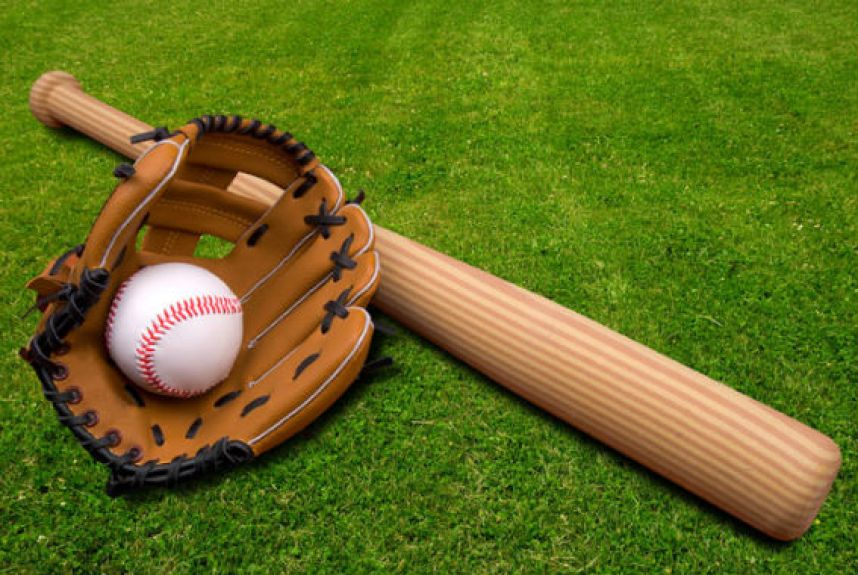
For over a century, the roots of baseball have been the topic of dispute and controversy. as well as other modern bat-and-ball and running sports such as cricket, stoolball, and rounders, developed from folk games in early Britain, Ireland, as well as Continental Europe. The game was known by a variety of names in its early stages—you’d hear people calling it goal ball, fetch-catch, base ball, round ball, or just base. Teams pitched to themselves in at least one form of the game, runners raced around the bases in the opposite way of today’s game, which is quite similar to the Nordic brännboll, and players might well be thrown out by being struck with the ball. In certain versions, a hitter was ruled out after three strikes, just as it is now. Whether you wish to expand your knowledge of the game or simply satisfy your curiosity, you’ve come to the right place over here!
Baseball’s Early Version: Folk Games
Albeit much is unknown, as one might expect with kids games from olden days, this much is identified: by the mid-18th century, a game involving striking a thrown ball and then running a circle of bases had arisen in the south of England. And while there may have been others, “base ball” was at least one moniker for this prototype. With their other diversions, English colonists brought this game to North America, and by the early 1800s, variations were being enjoyed on both sides of the Atlantic under a variety of names. However, amateur men’s ball clubs mostly around New York City during the mid-19th century greatly transformed the game, and it was this highly reworked sport that would become modern baseball.
A variety of early British and continental European traditional sports shared traits with contemporary baseball along with rounders and cricket. Several of these early games had a ball being thrown towards a target while an opposing player attempted to hit the ball away from the target. If the batter hits the ball, he can try to score runs by sprinting between the bases while the fielders attempt to capture or reclaim the ball and throw the runner out. Folk games evolved across time, space, and culture, leading to a variety of similar but distinct forms. There were no written rules for these games, and they were instead played per the historical norms. Working-class, peasant, and kid players dominated these games. Earlier religious rites and worship rituals were frequently coupled with early folk games. Following governments and religious leaders restricted, if not outright forbade, these games.





More Stories
Healing Streams Live Healing Services with Pastor Chris: Miracles Await this March 14th – 16th, 2025!
Essential Care for Hermann’s Tortoise: A Guide to Thriving Pets
Nail Decisions: Which is Better for You, Acrylic or Gel?